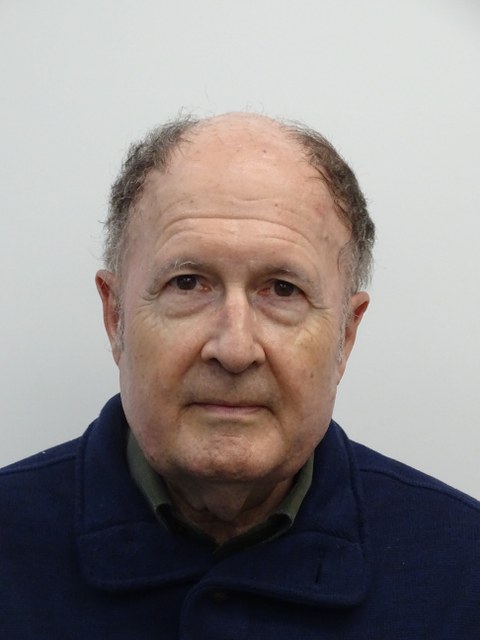Jun 02, 2022
Two Nobel Laureates give public lectures at TU Dresden in June
After a two-year break due to Corona, the School of Science at TU Dresden is looking forward to hosting two English Sirs as part of this year’s public lecture series "Nobel Laureates at TU Dresden". Sir Andre Geim and Sir Gregory Winter will take the audience on a journey through their lives, their research and their path to the Nobel Prize on two evenings in June.
It is the most important and prestigious prize in science: whoever is honored with the Nobel Prize has, according to the last will of its founder, Alfred Nobel, rendered the greatest benefit to mankind. The Nobel Prizes have been awarded every autumn since 1901 in the categories of physics, chemistry, physiology or medicine, literature and peace efforts. People who are honored with one of these awards usually are informed about it through a phone call from the Nobel Prize Committee in Stockholm. A short time later, they are known around the world.
On June 8, one of these "pop stars of science" will come to TU Dresden for a public lecture: Sir Andre Geim, who not only received the Nobel Prize for his achievements, but was even knighted by the Queen of England. He was born in 1958 in the former Soviet Union and is a Dutch-British physicist of Russian-German origin. Together with his colleague Konstantin Novoselov, he experienced a true "eureka moment" at the University of Manchester in 2004. Experimenting with adhesive strips, they discovered that the thin layer of graphite powder that stuck to them was the kind of carbon that had previously existed only in theory: graphene - a two-dimensional material consisting of carbon atoms arranged in a hexagonal lattice. The material's properties are extremely promising: thinner than a hair yet incredibly strong, good thermal and electrical conductivity, almost completely transparent yet very dense. The scientists were awarded the 2010 Nobel Prize in Physics for their studies of the "miracle material" just seven years after describing their initial discovery, and two years later were knighted as Knight Bachelors in the New Year Honors by Queen Elizabeth II.
The second guest in this year's lecture series is also a Nobel laureate and an English knight: Sir Gregory Winter. On June 22, in the Audimax of TU Dresden, he will tell how he used the principles of evolution to develop novel medicines based on antibodies. Specifically, he used "phage display," a method in which a bacteriophage - a virus that infects bacteria with its genes - is used to develop new proteins. This method can be used to develop targeted antibody therapies for specific diseases. Winter and his team produced the first drug based entirely on an antibody in the 1990s, which was approved in 2002 as a treatment for rheumatoid arthritis. Since then, the method has been used to develop other antibody drugs for metastatic cancer, autoimmune diseases and toxins, among others. For the phage display of peptides and antibodies, Sir Gregory Winter, together with George P. Smith were awarded the 2018 Nobel Prize in Chemistry.
Both public lectures will be held in English at 7 p.m. at the TU Dresden Lecture Hall Center. Admission is free, registration is requested at: tud.de/mn/nobel
We would especially like to thank our sponsors for supporting the lecture series:
Novaled GmbH, Tecan, Hotel Taschenbergpalais Kempinski Dresden and Gesellschaft von Freunden und Förderern der TU Dresden.
Media inquiries:
Nicole Gierig
Public Relations Advisor
School of Science
Tel.: 0351 463-39504



